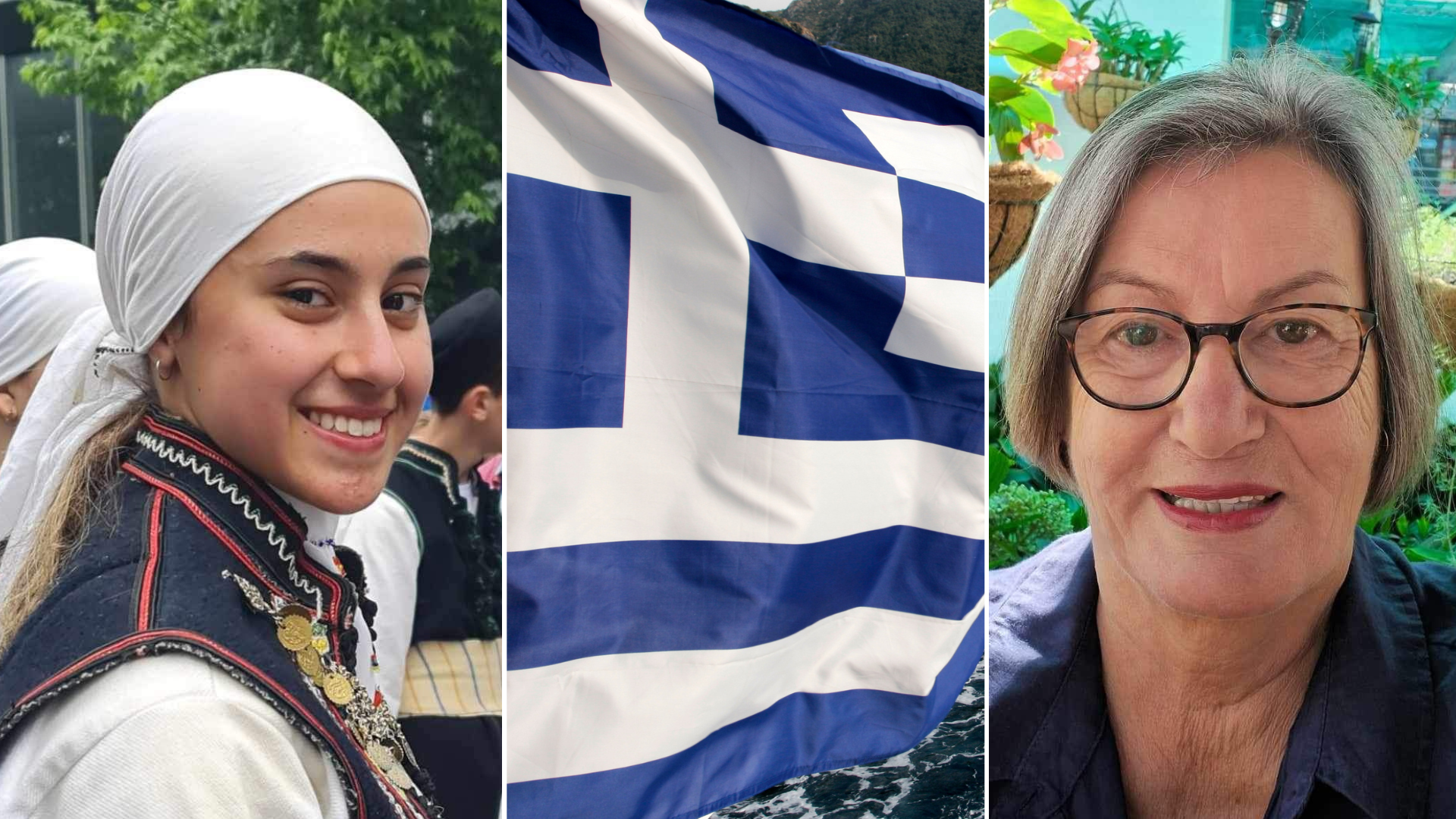This year for Greek Independence Day, The Greek Herald was on a mission to find out what March 25th means to our readers and why they feel proud to be Greek.
As well as discovering how people in the Greek community keep their culture and traditions alive, we also wanted to uncover whether they think Greek Independence Day is still relevant today.
We received eye-opening answers from a recently graduated teenager in Victoria, Katerina Piromalis, a New South Wales father-of-two, George Havas, and a beloved yiayia from Canberra, Mary-Linardis Goulimis.
Katerina Piromalis
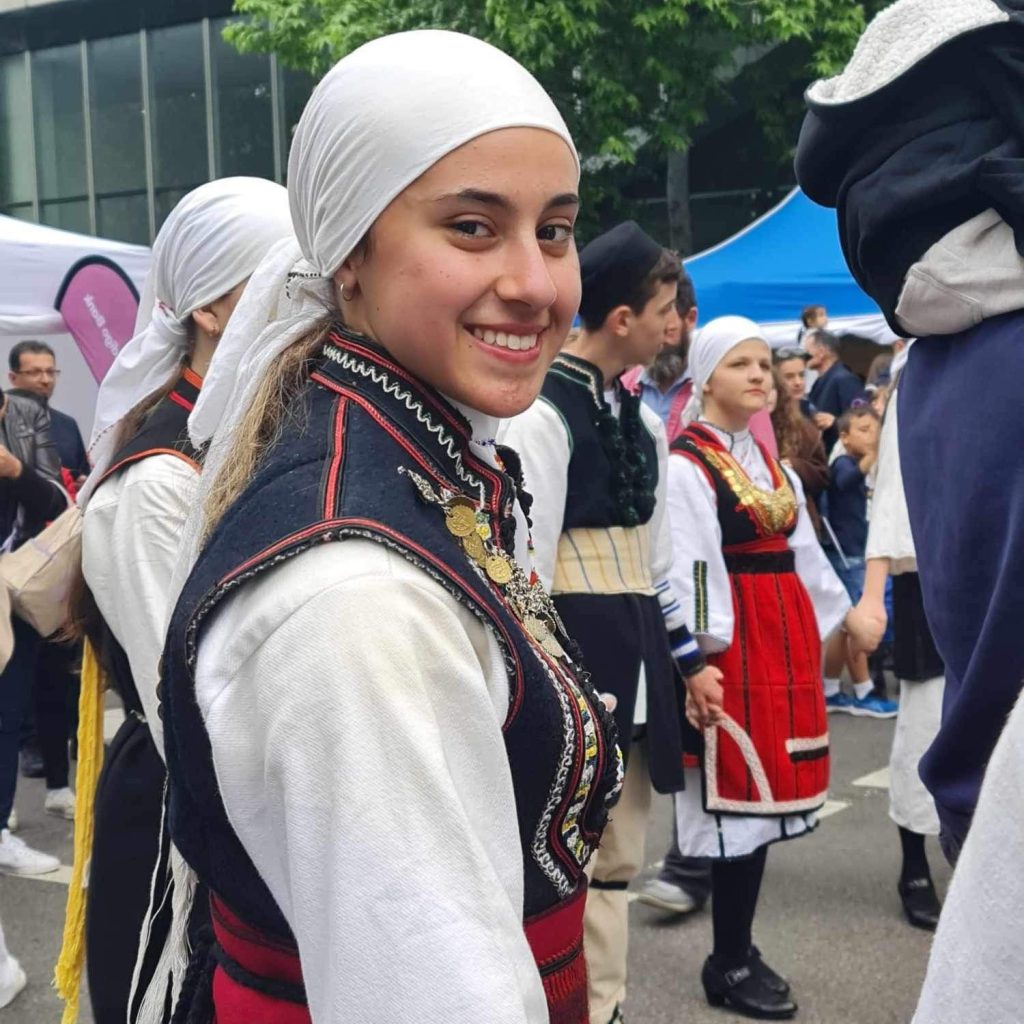
Katerina Piromalis is an 18-year-old from Melbourne, Victoria who recently graduated from high school. Although she was born in Australia, her Greek roots trace back to Lemnos, Kalymnos, and Zakynthos.
She told The Greek Herald having pride for her culture was instilled in her from a very young age.
“Being able to not only admire, but to also promote the Greek culture, language and traditions is an absolute privilege,” Katerina said.
“There are so many ways Greeks can express their love and joy. For me it was about attending Greek School, where I learnt to play Greek songs on the guitar, take part in theatre and sing to old classics.
“I was also born and raised in the Greek Orthodox Church and have kept up with Greek dancing for the last 15 years.”
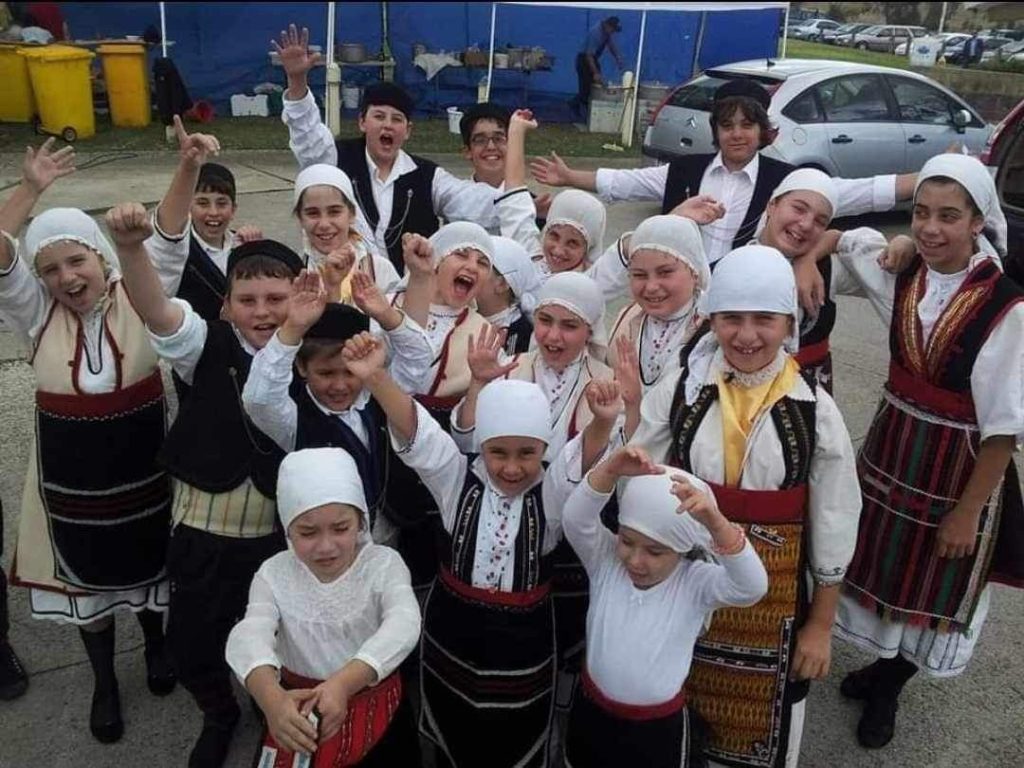
As someone heavily involved in the Greek community in Melbourne, and passionate about her culture, Katerina shared the importance of carrying on traditions for future generations.
“I think it’s so important for the Greek traditions and culture to be passed down to our kids and into the future,” she said.
“Otherwise, they will be lost. It is up to us to continue them.”
When asked about the 25th of March celebrations, Katerina described it as a very important day where, “we remember the strength of our ancestors.”
“Although the years have passed and some knowledge of the importance of Greek Independence Day has been lost, I still think it is still relevant. I think more awareness of the Greek strength to overcome suppression would be good though,” she said.
George Havas
George Havas is a family man with a wife and two children who originally grew up in Sydney, and now lives in Jerrabomberra, NSW. His Greek background comes from his mum being from Mytilene, in Lesvos, and his dad, from Lemnos in Greece.
He said he felt proud to be Greek as Greece has such a rich culture.
“Our religion, language, music, food and values are all such a big part of our culture,” George said.
“Greece itself is such a beautiful place and every time we go back, we reconnect and feel a little more Greek. Then as the days approach to come back we are already thinking ahead to our next trip.”
George said he and his family visit Greece every 2-3 years as they love exploring Greece’s history, visiting their relatives, getting a better understanding of where their traditions started and enjoying the beaches, tavernas and nightlife.
The Greek Australian dad said keeping the Greek culture alive for his family is something very important.
“We try and travel to Greece every few years, we attend church as much as we can, eat plenty of Greek food, especially at yiayia’s house, and the kids love listening to Greek music. They are also a part of the Hellenic Dancers here in Canberra,” George said.
“We also really try to get the kids to spend time with the grandparents to hear their stories and experiences.”
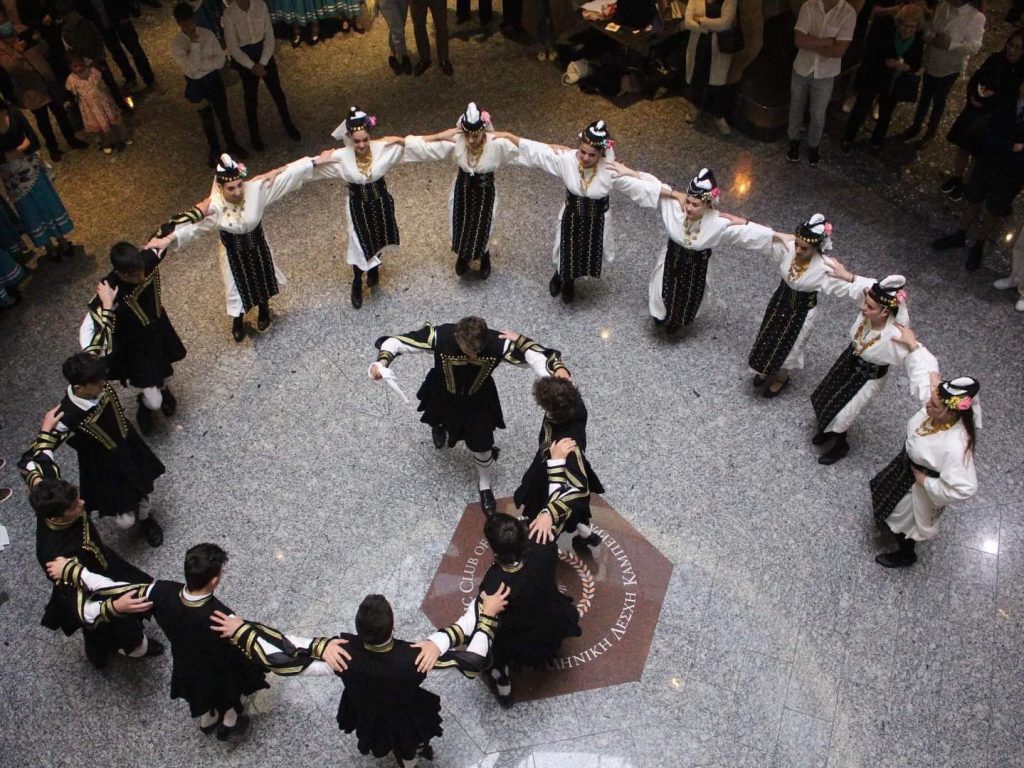
George said he thought Greek traditions and the Greek language is something that needs to be carried onto future generations.
“While it will be hard to keep the Greek language alive living abroad, our traditions I feel will never end,” he explained.
“While our kids and future generations may not speak Greek, having our traditions will help keep Hellenism alive.”
In terms of Greek Independence Day, George said he and his family celebrate every year.
“We try and go to church in the morning, and then attend the service at the Greek War memorial here in Canberra. In the past we would also enjoy seeing the kids dancing at the Greek Embassy as part of the celebration,” he said, adding that he thinks the 25th of March is still relevant today.
“It reminds us of the rich history of Greece, and also helps us understand what sacrifices have occurred to allow us to enjoy this beautiful culture today.”
Mary-Linardis Goulimis
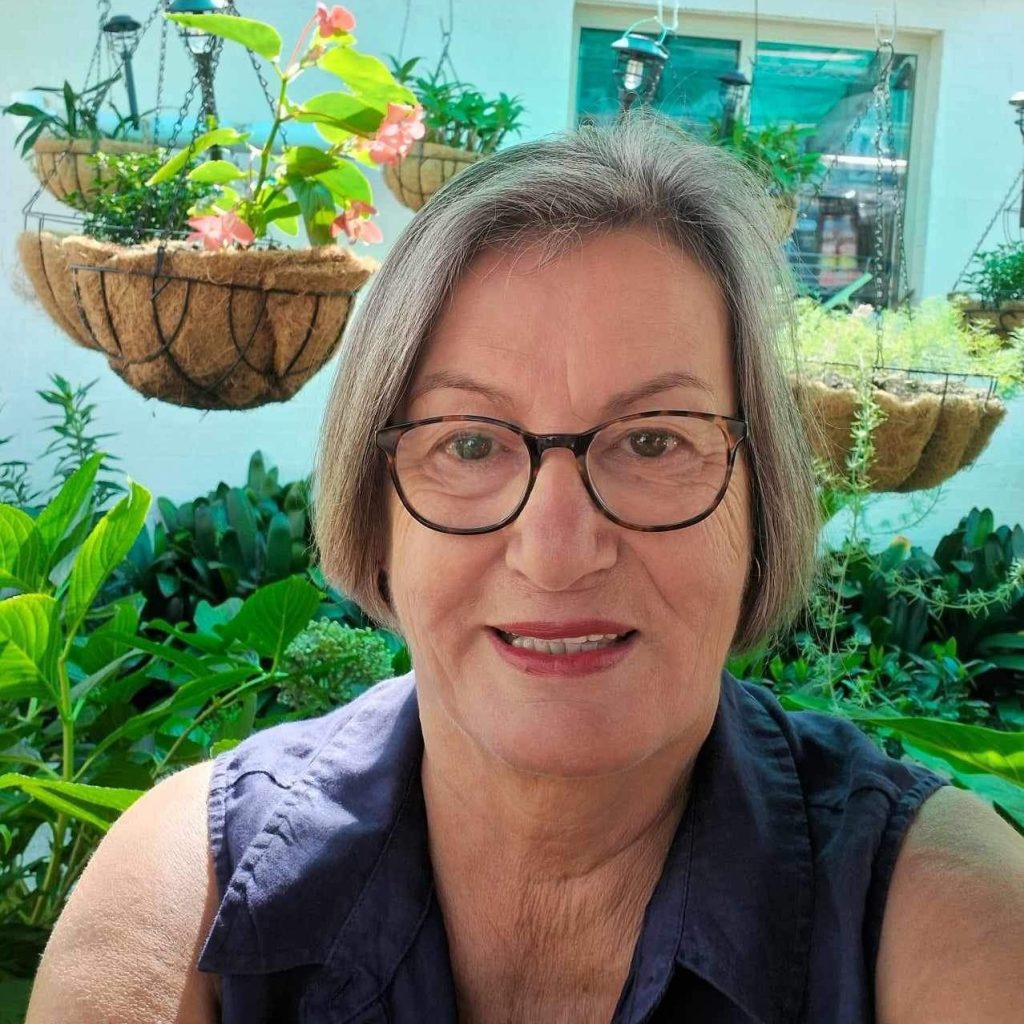
72-year-old Mary-Linardis Goulimis is a beloved mother-of-three and grandmother-of-two from Canberra, who is also proud to be Greek. She was born on the island of Kefalonia in Greece, and came to Australia more than 50 years ago, at the age of 18.
She said her parents and grandparents had taught her the importance of our religion, Greek history, and values, and that was then continued in her school years.
“I felt and still feel proud of our culture heritage. We are a small country, but we are known in every corner of the planet because of our ancestors,” Mrs Goulimis said.
“I am proud because after centuries of Roman and Ottoman occupation, we as a country, managed to preserve our identity, language, religion, and traditions, and managed to liberate ourselves.
“We try very hard today to keep our traditions and our culture alive by going to church, celebrating Christmas, Easter, name days and having family over for dinner and conversing and explaining to them our traditions and our culture.”
Mrs Goulimis said although she moved to Australia many years ago, she sees value in regularly visiting Greece with her family as a way of staying connected to her home country.
“We have gone back because of the sun, the lifestyle and our special childhood memories,” she said.
“But Australia is our adopted country, and it is now a country which I consider home because I have lived here longer than Greece, but Greece is the place that made me the person I am today.”
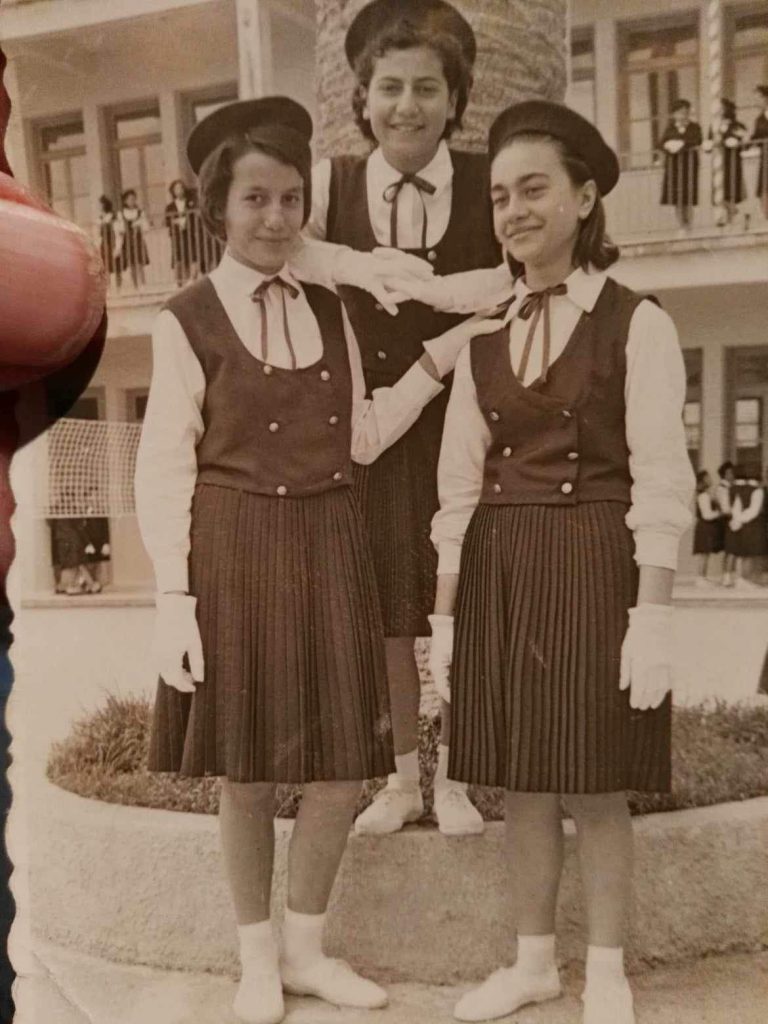
Coming up to Greek Independence Day, Mrs Goulimis said it is a time of year where “we acknowledge our Greek ancestors and their brave fight for independence and remember those souls who sacrificed themselves so that we can be free today.”
“We are celebrating that day by going to church, lighting a candle for their souls and then having a special lunch with family and friends, which consists of fish – bakaliaros and skordalia,” she said.
When asked whether the 72-year-old thought the 25th of March was still relevant today, Mrs Goulimis said it was and is the most important day of our history.
“It is a day of both religious and national celebrations,” she said.
“By knowing history, it helps us understand how events in the past have made things the way they are and the way we are today.”

